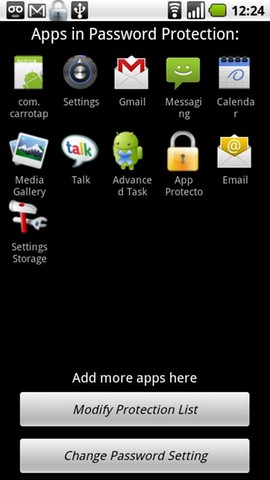

The server side catalogue changes with every update, sure. The catalogue changes with every app update, Plenty of info online – it’s used by astronomers, teletext PDC, mainframes…. Today’s Julian date is 20138 or 58987 (depending on whether or not you’re using the modified version). It’s actually not that difficult – just convert the dates of things (software updated, last browsed, last logged in) to Julian date, and then it’s a dead-simple maths operation to work out whether or not to highlight something. If you decide not to remember what was downloaded locally (but you really ought to)… Support all three and let it be user configurable (including the number of days). Of course, then we need to figure out if this should be “since last use” or “since last logon” or “last 30 days” etc…. I mean, if we’re going to go there, please let me ask: why didn’t Archive/Drag’n’Drop ever come with a floppy disc taped to the front? What’s “un- RISC OS” is having managed packages at all. (unless a package manager is used to store that info separately – rather “un- RISC OS”) Yeah, it’s quite a bit friendlier than Packman in that regard … yes, I know I can tell Packman where to put stuff, but it’s more convoluted than “here’s a zip, draggy-droppy the app within”.
Qupzilla old apps software#
The vision for !Store was always that users should be trusted to install, move and muck around with their software as they saw fit, You shouldn’t even need to attempt to parse the version – a string compare (it’s written in C, yes?) ought to tell that “1.23b” is greater than “1.23a”. Really, all it would take is to stuff that info someplace as, I dunno, a CSV file? Then upon starting Store, it simply loads the information and does a simple match between what’s been recorded on the user’s machine against the most recent database update.Īs for matching, generally the version numbers are in the form xx.yy with maybe a letter or some other junk at the end.
Qupzilla old apps download#
When you click the big friendly download button and Store does its thing, it also knows several pieces of information at that point in time – the application name and the version number. There isn’t a standardised way of RISC OS apps reporting version number though Something downloaded on one machine might not have been fetched/downloaded/installed on another? …but surely tracking version numbers of downloaded software (which is subtly different to tracking purchases) doesn’t make sense cross-machine. I can understand recording and tracking the purchasing of updates centrally, exactly for the reason you state…

Qupzilla old apps update#
!Store’s software management is designed to be cross-machine, so that you don’t end up with different reports on different systems (particularly important on commercial applications, so you don’t end up buying an update twice)


 0 kommentar(er)
0 kommentar(er)
